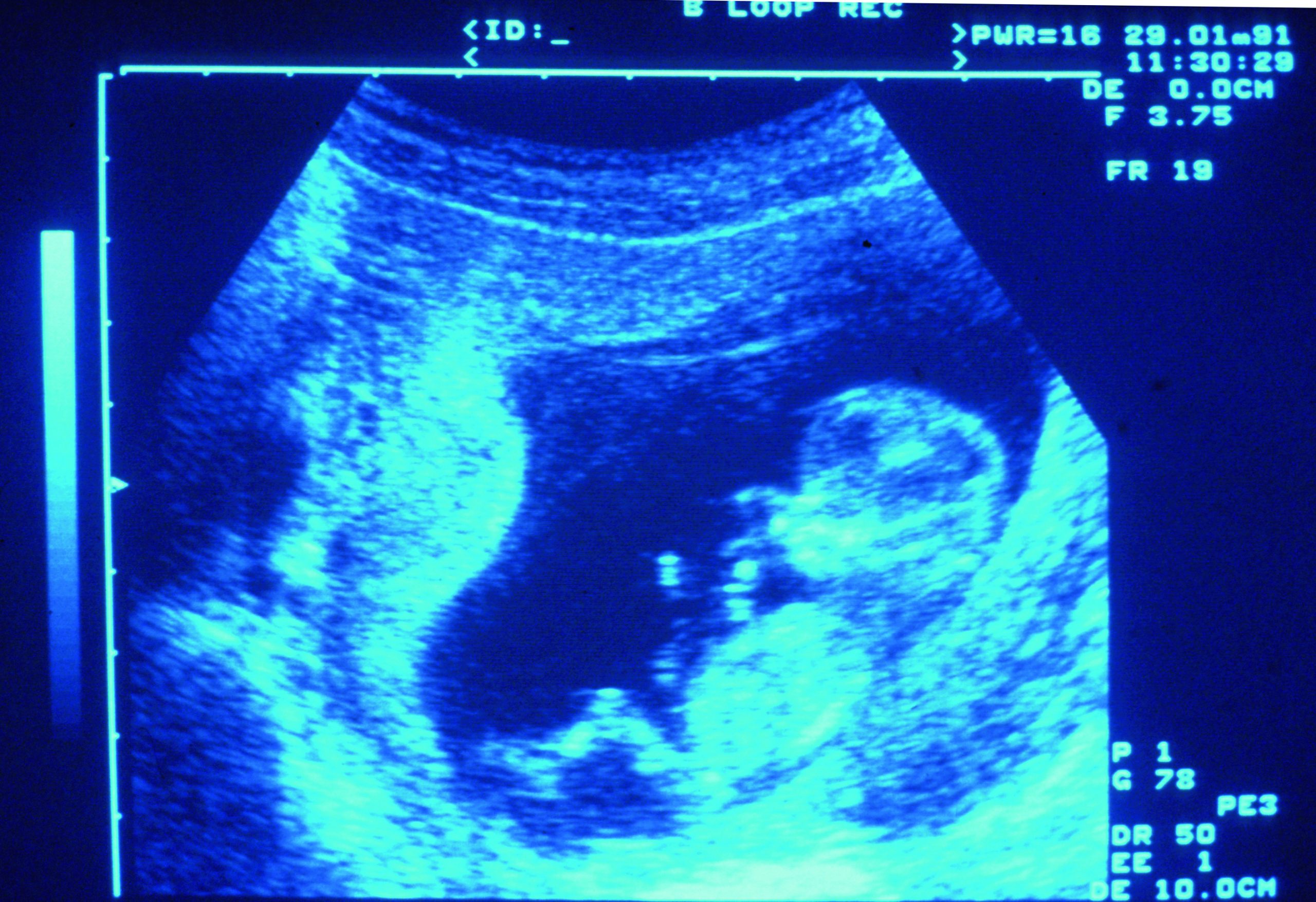In Belgium, the abortion law dated 3 April 1990 states that,“after the 12th week of pregnancy, abortion can only be carried out if it is certain that the unborn child will be affected by a severe abnormality acknowledged as incurable at the time of diagnosis”. It is therefore possible to abort up to full-term if these three criteria are present: certainty and a serious, incurable disorder. However, “these criteria are currently taken in isolation, with even the Abortion Legislation Evaluation Committee referring to “serious OR incurable disorder”. This interpretation “changes everything”, hence the reasons given to justify abortion on medical grounds in Belgium, up to the 12th week of pregnancy, include “congenital deafness”, “left arm missing – a reason that does not, however, justify abortion in France given the major progress made in the prosthetics industry”,haemophilia andinfection due to cytomegalovirus,”90% of which are asymptomatic at birth and 75% are asymptomatic during the child’s life”, etc.
Furthermore, the report produced by the Abortion Legislation Evaluation Committee lists 95 cases of abortions due to serious or incurable diseases. However, the EUROCAT European network, which monitors the occurrence of congenital malformations in various regions of Europe, “has noticed that most late abortions are not reported” and “although most abortions are peformed before 24 weeks, a significant number is carried out between the 24th and 25th week of pregnancy or even after 26 weeks”.
Alarmed by these figures, the European Bioethics Institute has called for “at least more precise reference points and more rigorous control in relation to this practice”.
Institut Européen de Bioéthique (26/06/2017)

